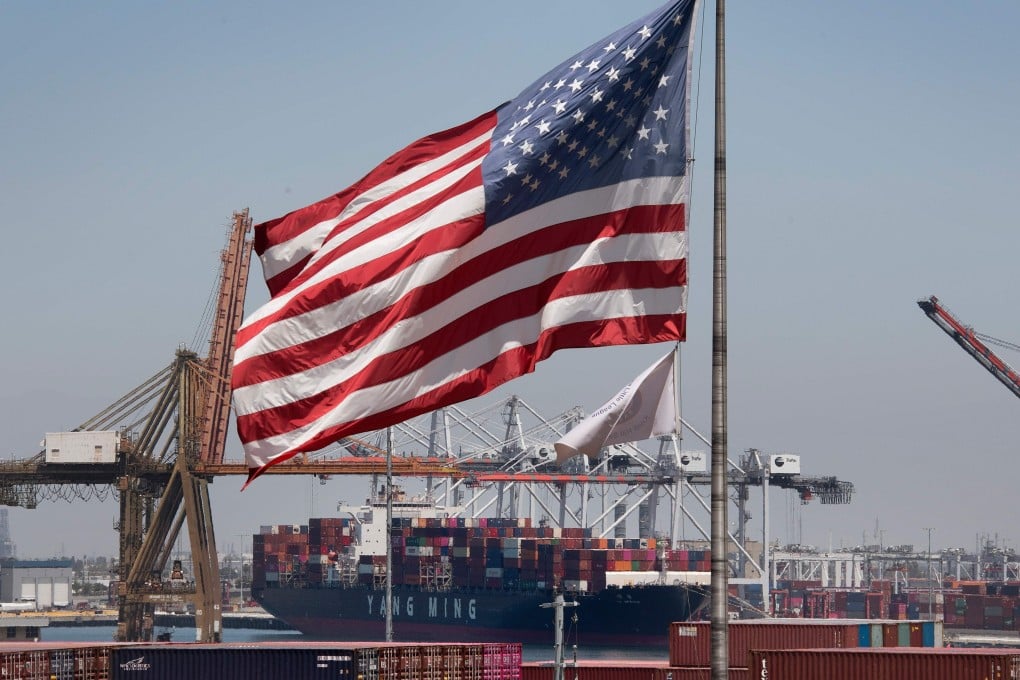US-China trade agreement could fuel shift in investment away from American equities, asset manager DWS says
- A trade agreement is not expected before 2020, Sean Taylor, DWS’s Asia-Pacific chief investment officer, says
- Asset manager does not see Hong Kong’s position as an international finance centre changing despite anti-government protests

A resolution of the US-China trade war that has raged for the past year could fuel a shift in investment to Asia and other international markets, as investors globally reduce their positions in United States equities, which have outperformed other markets in recent years, according to Sean Taylor, the Asia-Pacific chief investment officer at asset manager DWS.
Any agreement between the world’s two largest economies, however, is likely to not happen before the first or second quarter of 2020, Taylor said.
“The big phenomenon in markets over the past nine years or so, which I’ve probably been talking about every time we have a press conference, is the outperformance of the US versus international,” Taylor said. “At some stage, that’s got to change and we think next year will be a very, very good opportunity for that. It won’t happen while we have uncertainty over trade. It won’t happen while we have a slightly strong dollar, so we are keeping overweight in the US, but are looking to be adding into these other areas.”
US President Donald Trump has placed tariffs on about US$380 billion of goods imported from China as he tries to force Beijing to change years of industrial and trade policy. China has responded with its own tariffs and other actions in a trade stand-off that has raged since last year.
The tensions have weighed on business sentiment and global trade against the backdrop of a slowdown in economies around the world.